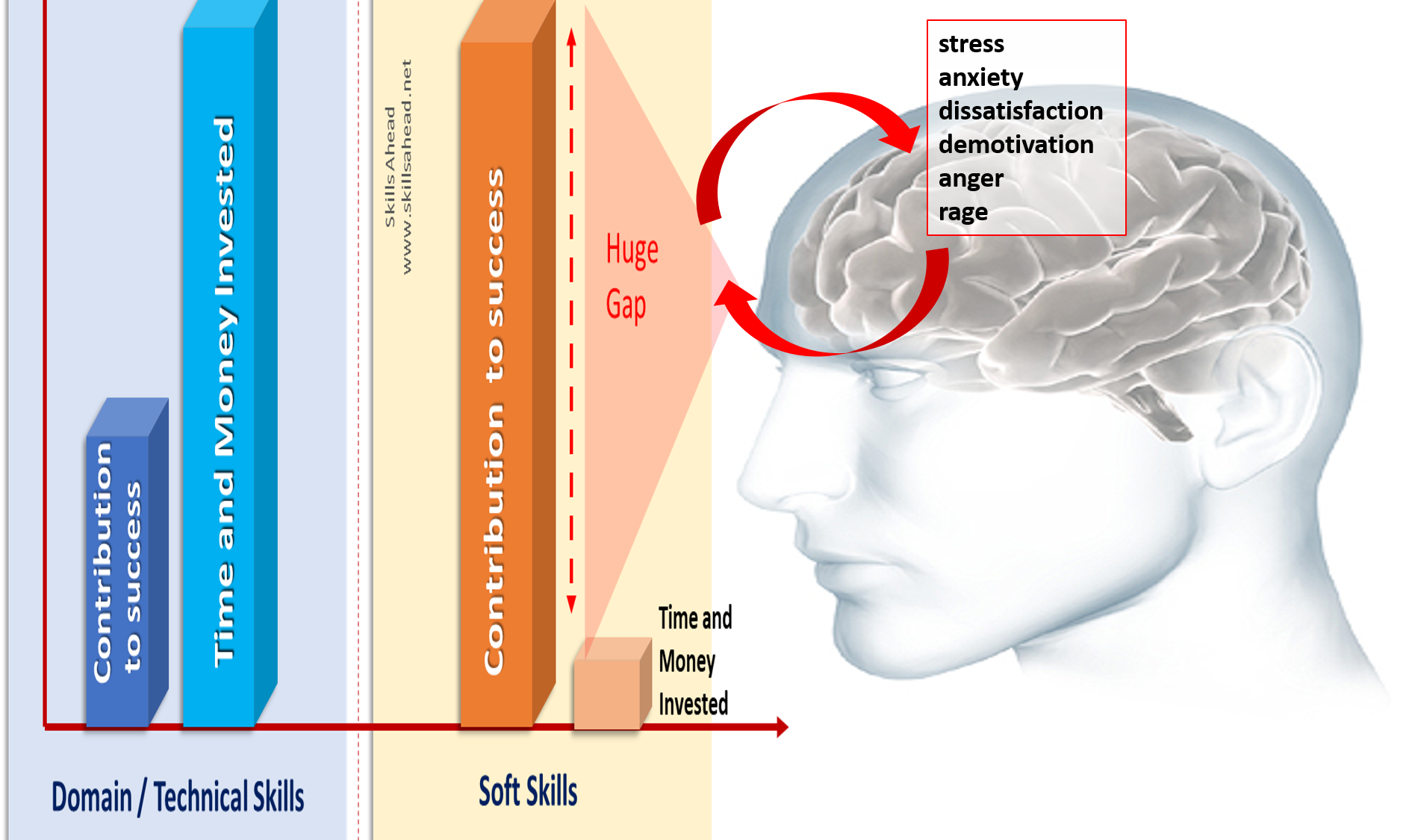In contemporary discussions around professional development and interpersonal relations, the term “soft skills” has garnered significant attention. While often relegated to the realms of career coaching and personal effectiveness, these attributes encompass much more than the conventional perspectives suggest. Interestingly, an examination through the lens of the Bahai teachings unveils an intriguing intersection between soft skills and spiritual qualities. This discourse seeks to illuminate this overlap, underscoring the potential to shift one’s perspective on what constitutes true personal development.
At the heart of Bahai philosophy lies the belief in the essential unity of humanity and the cultivation of attributes that promote collective advancement. Soft skills, often described as non-technical, interpersonal abilities that facilitate communication, collaboration, and problem-solving, stand as pillars that uphold the Bahai emphasis on constructive engagement with others. Attributes such as empathy, patience, and active listening are not merely beneficial in secular contexts; they are fundamentally spiritual and contribute to the overarching goal of fostering unity and understanding among diverse populations.
Understanding this relationship begins with a closer examination of what soft skills entail. Commonly acknowledged as communication, teamwork, adaptability, creativity, and emotional intelligence, each of these skills possesses an intrinsic spiritual dimension. For instance, the ability to communicate effectively is not only a technique for relaying information but serves as a medium through which the heart and soul can connect. This ties closely to the Bahai teaching that ‘the purpose of the spiritual life is to connect and uplift the souls of others.’
The Bahai perspective encourages followers to see others as mirrors reflecting divine qualities. Therefore, when one engages in the practice of empathy, they are not merely navigating social interactions, but rather, they are acknowledging the inherent worth of every individual as a manifestation of the Divine. It transforms the mundane act of conversation into a spiritual practice, where every exchange can become a source of profound connection and understanding.
Moreover, patience, often overlooked in the frenetic pace of modern life, emerges as both a soft skill and a spiritual quality in Bahai teachings. Patience fosters resilience and promotes a peaceful demeanor, essential for sustaining relationships. The Bahai writings advocate for tranquility in the face of adversity, suggesting that a controlled response during challenging interactions can serve as a testament to one’s spiritual growth. Here, the overlap becomes apparent: developing patience enhances interpersonal relations, paving pathways for deeper, more meaningful connections.
Adaptability, another critical soft skill, resonates harmoniously with Bahai principles. In an era characterized by rapid change and uncertainty, the ability to pivot and respond to new circumstances is essential. The Bahai teachings emphasize the need to learn continuously and embrace new perspectives, echoing the essence of adaptability. By cultivating this quality, individuals not only enhance their professional acumen but also align themselves with the spiritual imperative of being open to divine guidance and wisdom. This alignment invites curiosity and encourages a lifelong journey of learning.
Additionally, the spiritual quality of creativity finds a prominent place within both the Bahai framework and discussions surrounding soft skills. Creativity transcends mere artistic expression; it embodies innovative problem-solving and the ability to envision new possibilities. The Bahai discourse on the importance of ‘the arts and sciences’ highlights that creative pursuits are avenues for spiritual expression and growth. Herein lies a potent realization: nurturing creativity in one’s professional life can be a manifestation of spiritual development, allowing for greater contributions to society.
While examining the attributes that constitute emotional intelligence—a critical soft skill—it becomes evident that this, too, is a spiritual endeavor. Emotional intelligence encompasses self-awareness, self-regulation, motivation, empathy, and social skills. Each component is rich with spiritual implications, as emotional literacy not only enhances personal relationships but also fosters a deeper understanding of the interconnectedness of humanity. The Bahai writings admonish individuals to cultivate their inner character, suggesting that a heightened sense of emotional intelligence can lead to a more profound alignment with spiritual principles.
As one continues to grapple with how soft skills and spiritual qualities converge, it is imperative to acknowledge that the development of these attributes is neither a solitary endeavor nor a mere checklist for personal advancement. Instead, it is a holistic journey that encompasses self-reflection, community engagement, and the fostering of harmonious relationships. This journey serves not only the individual but the collective, reflecting the Bahai commitment to the betterment of society.
In conclusion, the exploration of the confluence between Bahai teachings, soft skills, and spiritual qualities reveals a richer tapestry of personal and communal development. Promoting interpersonal skills reaches far beyond the professional sphere; it flourishes within the realm of spiritual evolution, manifesting as a transformative force in our lives. This intersection beckons a transformative shift in our perspective, inviting individuals to ponder how merging soft skills with spiritual qualities can lead to a more profound understanding of oneself and one’s purpose. The integration of these concepts promises not only personal growth but fuels the broader vision of unity and progress inherent in the Bahai faith.
